Analysis: Tata Steel 'will be wary of reputation'
- Published
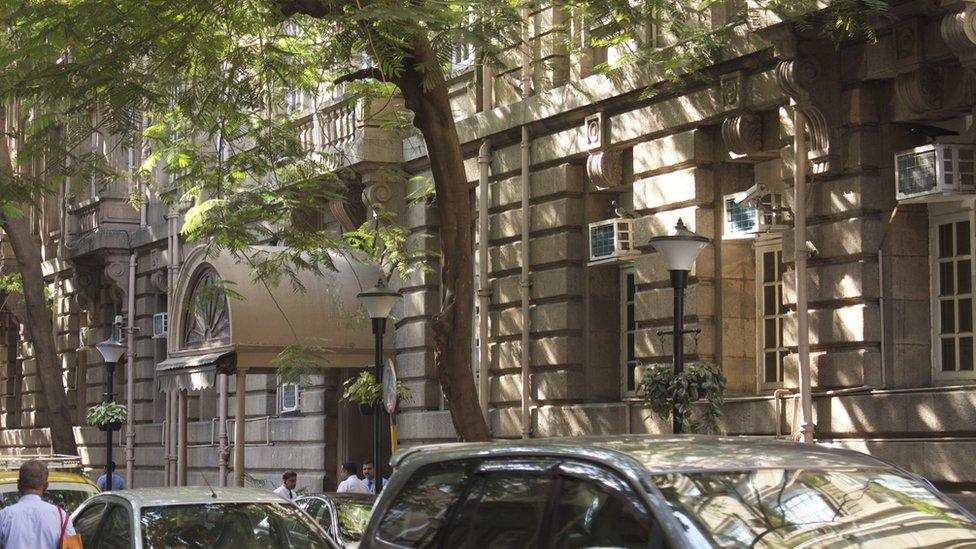
An action plan for Tata Steel will be decided at Bombay House
Bombay House in the historic Fort area of Mumbai is an iconic building.
That is in part because of its heritage architecture, but more so because of what is inside - the headquarters of the Tata group, one of India's oldest and biggest conglomerates with more than 100 companies that have interests ranging from tea and telecoms, to salt and steel.
In the past decade, it has become one of the UK's biggest employers too.
So it is inside Bombay House that the fate of a steel plant, thousands of miles away in Wales, will be decided by the board of the company.

When Tata took over Anglo-Dutch steelmaker Corus in 2007, it was seen as a bold move for an Indian firm, and here in India there was a strong sense of pride over the first signs of a shift of economic power between developing and developed countries.
The excitement did not last long though. Falling steel demand post-global financial crisis has meant that Tata's steel operations in Europe, and particularly in the UK, have been suffering heavy losses.
It is perhaps been among the biggest challenges facing the group's chairman Cyrus Mistry ever since he took charge in December 2012.
Attempts to turn around Tata Steel Europe have included deals to sell some factories and several rounds of restructuring which in this age has come to mean job cuts.
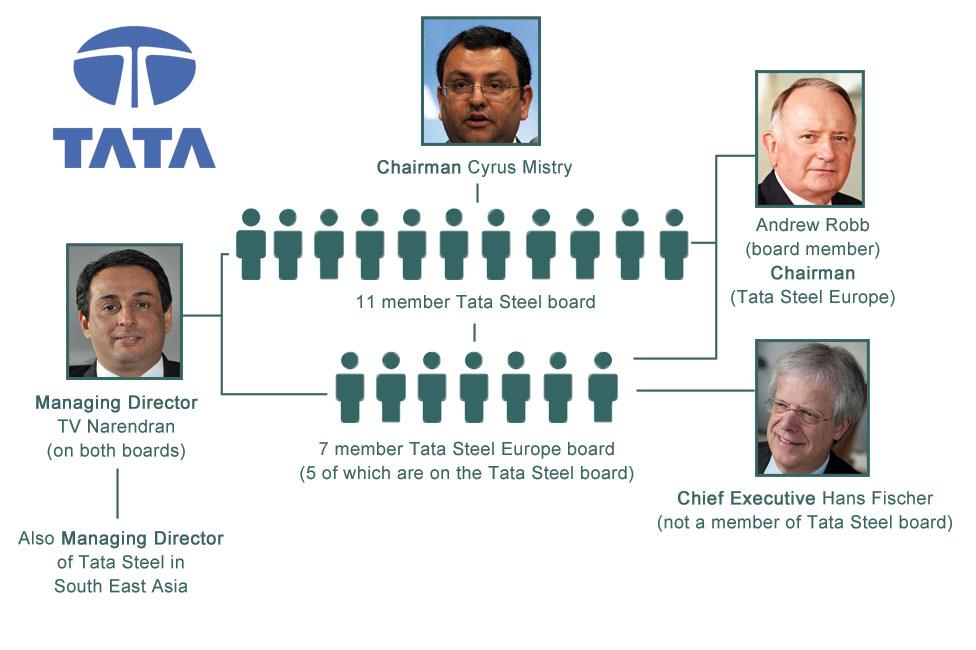
While it has had to make those tough decisions, Tata is a company that is very conscious of its public image.
In nearly 150 years of operation, it has achieved a position of respect that few other Indian companies have accomplished.
It is easily one of the country's most admired companies, one that is seen to care for the welfare of its employees.
So even if economics forces its hand, Tata will be wary of the impact on its reputation if it decides to shut down its Port Talbot plant.
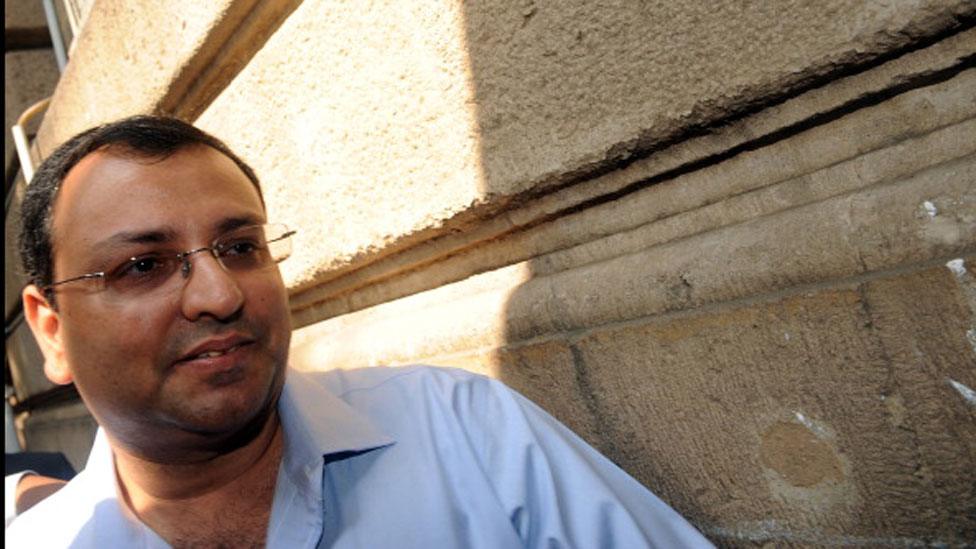
Chairman Cyrus Mistry
- Published21 March 2016
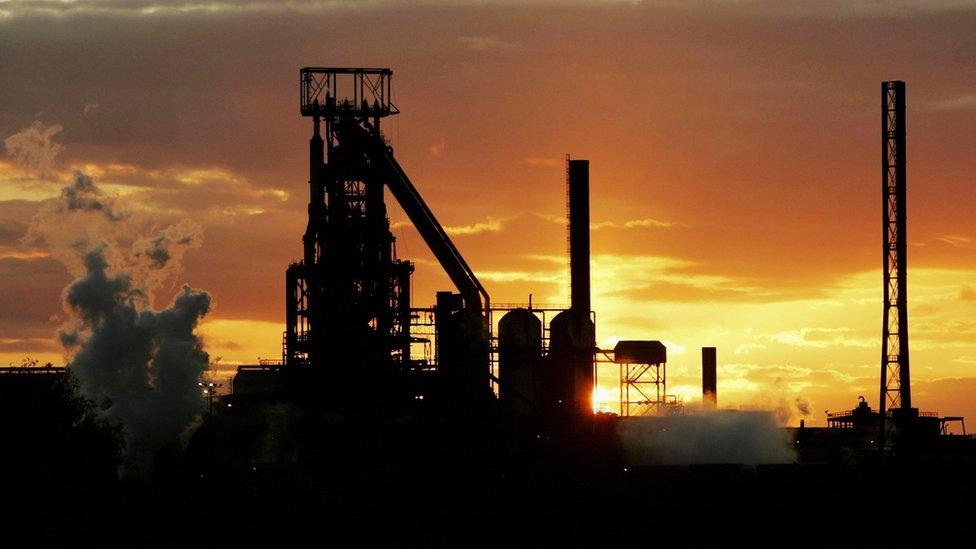
- Published25 January 2016
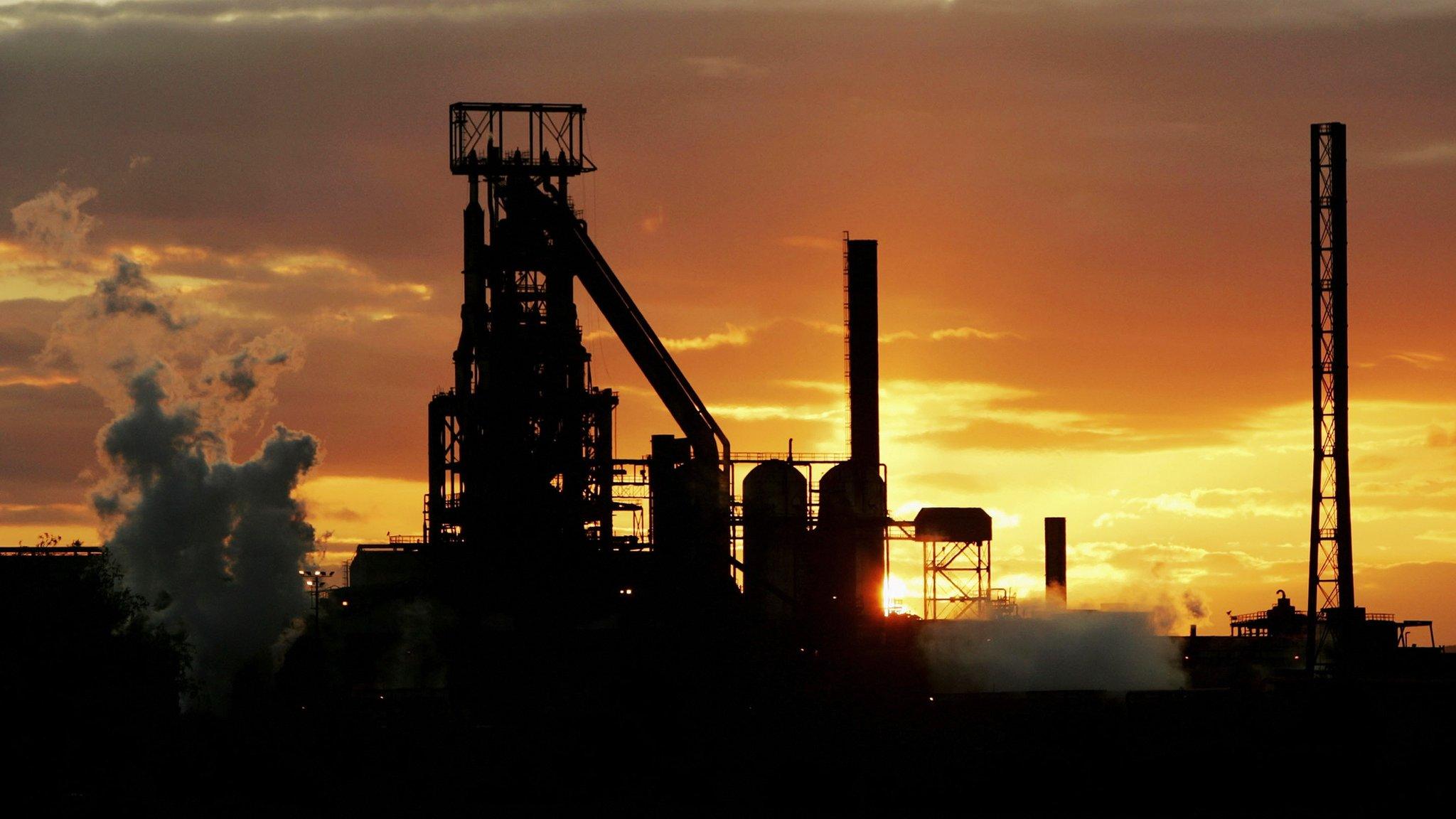
- Published25 February 2016
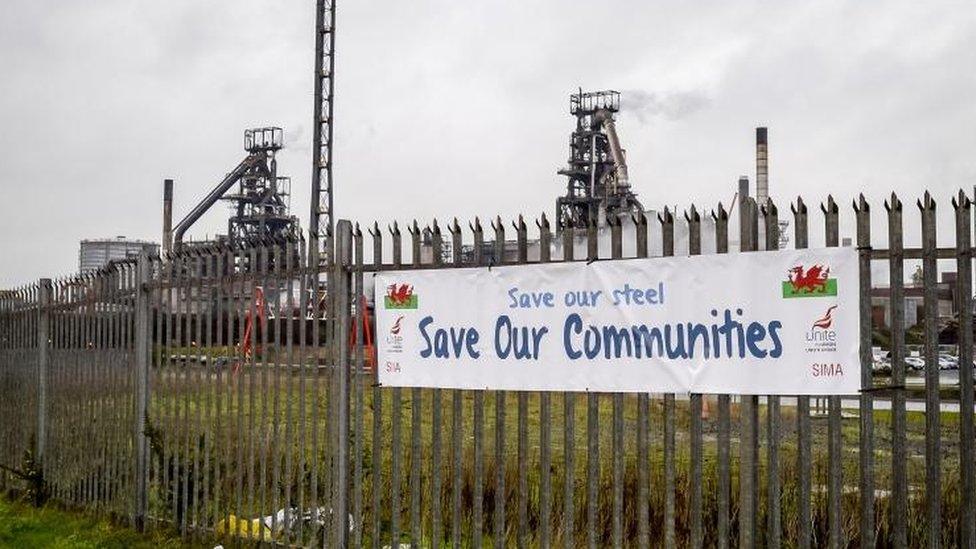
- Published24 November 2011
